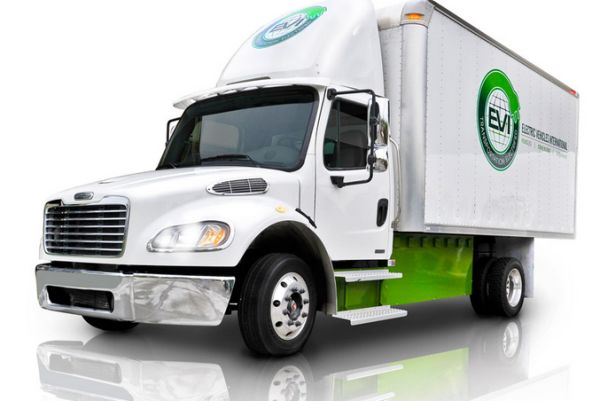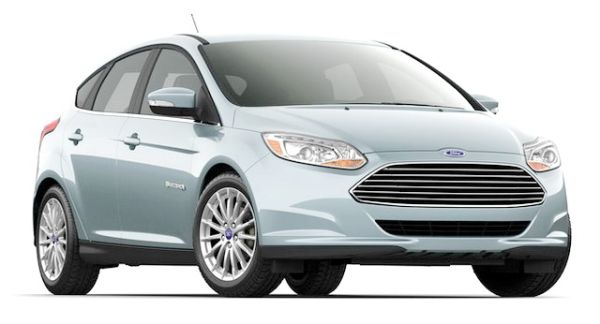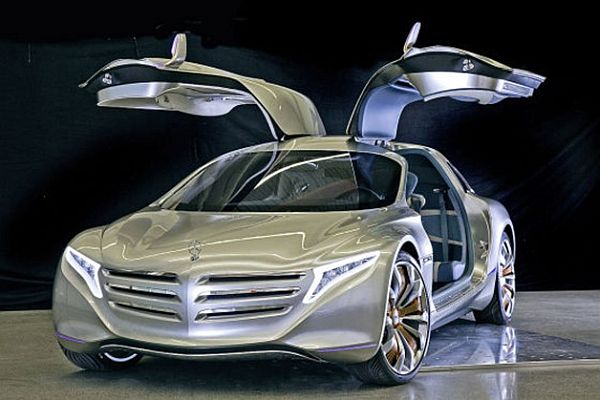Now, many of the world’s biggest industrial conglomerations may contribute to the greater part of our greenhouse gas emissions. However, there is a new righteous trend emerging in some sectors of such huge commercial empires. In fact, the inclination can be seen as a race between these giants to acquire the ‘greenest’ corporate fleet, thus helping in boosting the company’s sustainable image in the long run.

Many of the North American companies have come a long way in investing upon low carbon oriented technologies. This propitious progression is aptly embodied by their individual corporate fleets; some of which actually have electric vehicles in the majority. For example, Schwan’s Home Service Delivery has a whopping 84 percent of its fleet comprising of EVs, whereas Florida Power & Light has successfully advanced beyond 92 percent ‘greenness’, by converting most of the vehicles to hybrid or biofuel mechanisms.
Beyond mere percentages, the number game in the whole scope is also pretty interesting. Comcast, for example, has over 3,690 green vehicles, which is one of the largest fleets in USA. However, when it boils to down to future predictions, General Electric would rule the roost with its massive fleet of 15,000 EVs, by 2015.
Even when measured from perspective of rate and time, PepsiCo’s Frito Lay has substantially added around 176 electric delivery trucks on the road for this year. Designed by Electric Vehicles International, the energy efficient specs of the trucks allude to around 90 miles range on a single charge, along with top speeds of 65 miles per hour.
On a whole, this favorable commercial ambit is being supported by Department of Energy with their plethora of practical techniques, which encompasses cost calculators, interactive maps, customizable database searches and even mobile apps. Moreover, switching to low emission vehicles can actually prove to be advantageous to the corporate giants; since such electric driven mechanisms tend to show a greater degree of fuel efficiency and cost effectiveness in the long run.
Via: GreenBiz




